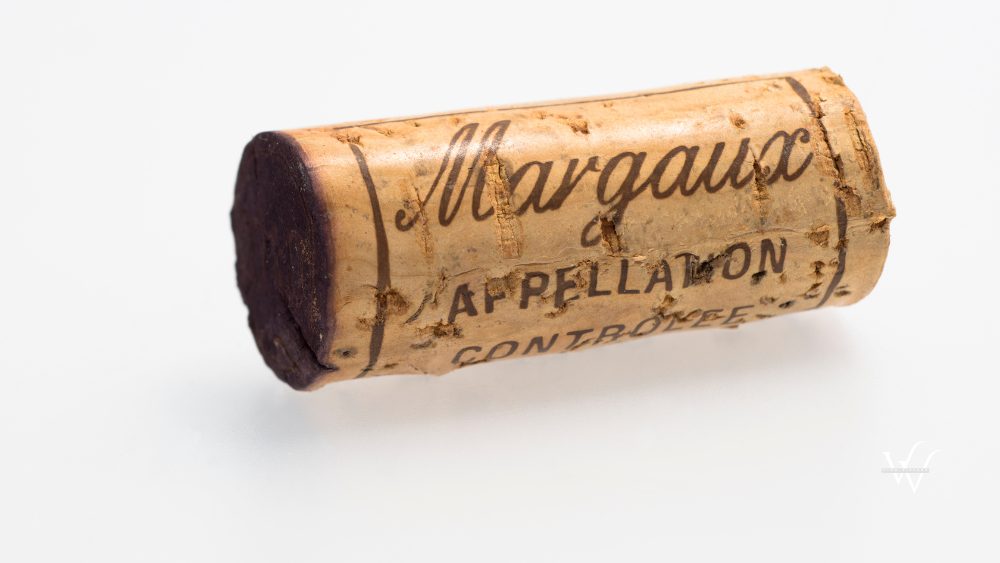In a move that underscores the challenges facing both Bordeaux and the global fine wine industry, Château Margaux has released its 2024 vintage at EUR 276 per bottle ex-négociant—the lowest price since 2014.
On the London market, the case price sits at GBP 3,240, representing a 25% decline from the 2023 release. This sharp correction places one of the most prestigious names in wine among a broader group of top châteaux significantly reducing their release prices amid flagging demand and market uncertainty.
Margaux’s price drop is not an isolated case. According to a study by Wine Lister (owned by Le Figaro Vin), the 105 wines released up to June 3, 2025, have seen an average price decrease of 30% when compared to the three-month market average of the ten previous vintages. Particularly striking is the case of Léoville Las Cases, which saw its price fall by 48%—the steepest among all major Bordeaux releases. Even the First Growths like Lafite Rothschild, Mouton Rothschild, and Margaux feature in this top-10 ranking of year-on-year price declines.
Adding to the weight of this situation is a lukewarm critical response. While Bordeaux remains a benchmark for excellence, average scores for the 2024 vintage have dipped slightly compared to 2023. Aggregated scores from major critics—including Antonio Galloni and Neal Martin (Vinous), Bettane+Desseauve, Jancis Robinson, and Ella Lister—place the 2024 average at 94.61 points, down from 95.61 in 2023. Notably, only a handful of wines surpassed the 95-point mark, including Latour (95.75), Montrose, Haut-Brion Blanc, Lafite, Ducru Beaucaillou, La Conseillante, Mouton, Margaux, and La Mission Haut-Brion Blanc.
However, it is not only quality perception that is dampening enthusiasm. According to the Liv-Ex platform, overall buyer interest continues to decline, despite lower prices. Historically, scarcity and fear of losing future allocations were enough to maintain momentum, even in difficult vintages or during pricing missteps. But that dynamic appears to be fading fast. As one UK wine merchant put it: “You can get what you want, from anyone, anytime—and it's been that way for years.”
In this climate, Bordeaux’s long-standing system of allocations is losing its persuasive power. Many merchants have reduced their purchases by as much as 50%, aware of the large quantities of back-vintage stock still available at competitive prices. The financial burden of tying up capital in slow-moving inventory is becoming unsustainable—not just for retailers, but also for collectors.
Moreover, the democratization of data has changed the game. Buyers—whether seasoned investors or curious enthusiasts—now have easier access to price comparisons, critic scores, and historical trends. This transparency has removed much of the mystique around the En Primeur system and exposed any disconnect between release pricing and market reality.
As Liv-Ex summarizes, “The 2024 campaign has been disappointing for all parties involved.” A UK-wide survey of merchants indicates that this year’s En Primeur campaign has produced the lowest sales figures since 2013. Even those châteaux that released at prices below current market value struggled to move inventory. While some estates made laudable efforts, they were not enough to reignite demand in a meaningful way.
The Bordeaux 2024 release is more than a market correction—it’s a signal that the fine wine world is at a crossroads. Value, transparency, and authenticity are becoming the new pillars of wine commerce. Prestige alone no longer guarantees success. In a more informed, cautious, and selective market, producers and merchants alike must adapt or risk being left behind.
Source: WineNews

